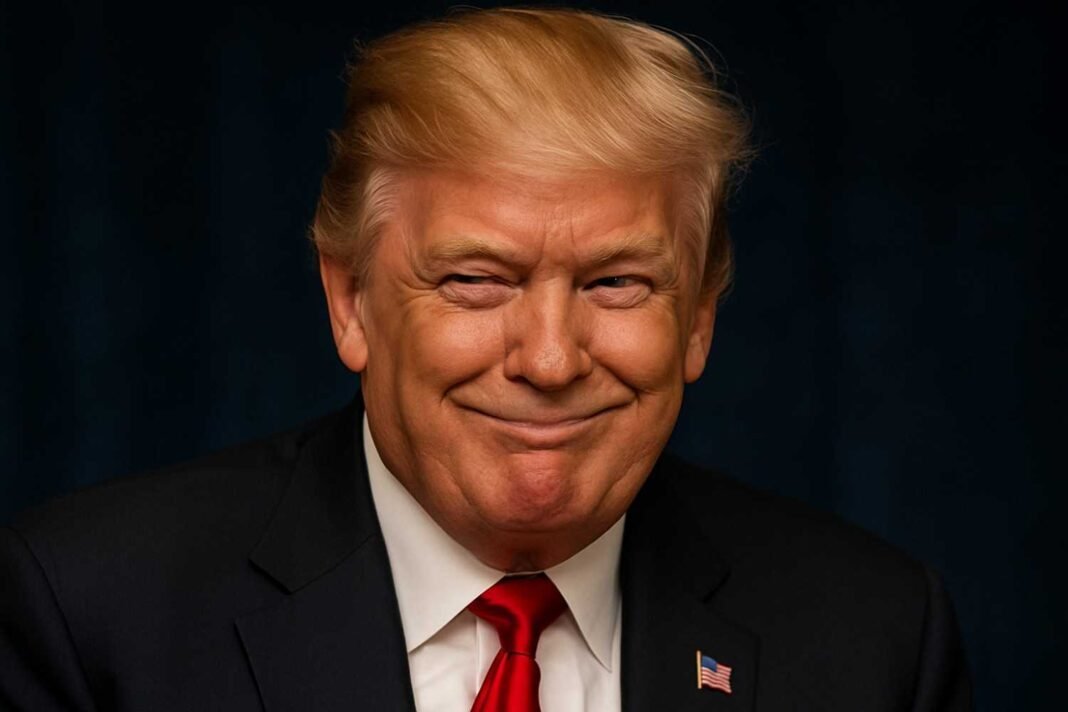Workers Say Layoffs, Not Visas, Drive Struggles
The Trump administration’s dramatic decision to raise H-1B visa application fees to $100,000 was framed as a bold effort to safeguard American jobs. Officials argue the steep cost will deter abuse of the program and prioritize U.S. workers over cheaper foreign labor.
Yet for thousands of American tech professionals still reeling from widespread layoffs, the move feels disconnected from reality. Many say that immigrant competition is not the obstacle keeping them out of work. Instead, they cite a cooling economy, pandemic-era overhiring, and the rise of artificial intelligence (AI) that is reshaping demand for technical skills.
Suzanne Carroll, a 54-year-old IT compliance specialist in Dallas, has been unemployed for four months. She stresses that visa holders are not to blame for her situation. “It’s not like I’m not getting interviews because of the H-1B workforce. We’re all being impacted,” she said.
H-1B workers themselves, who already face strict visa deadlines, have also been hit by mass layoffs, often left scrambling to secure another job before being forced to leave the U.S.
Job Market Remains Tough Across the Board
According to data from Layoffs.fyi, the U.S. tech industry has shed more than 240,000 jobs since 2024. Companies ranging from ambitious startups to Big Tech giants scaled back after aggressive pandemic hiring sprees.
The market has become increasingly unforgiving for displaced employees. Juliette Gondon, a 26-year-old who lost her role at a recruitment technology startup, says she has applied to over 100 jobs and landed only two interviews. “Companies are being very conservative because of the economy,” she explained.
Another worker, Graham Harris, 25, from Brooklyn, is considering leaving the tech field altogether. While he believes the visa fee hike could “level the playing field,” he doubts it will dramatically improve his chances.
Supporters Applaud, Critics Warn of Risks
The administration’s move has won praise from some corners. Former White House strategist Steve Bannon has long branded the H-1B system a “scam to destroy the American worker.”
Some U.S. tech veterans echo this sentiment. Byron Hilyard, a 61-year-old support engineer from Oregon, said the fee hike could help restore fairness. “I think it’s going to even the playing field,” he argued.
But critics warn the policy may backfire. Leo Osahor, a longtime tech worker and U.S. citizen who once held an H-1B visa, fears the sharp cost increase will hurt startups. “It will hobble innovation and limit access to talent,” he said.
Economists Emphasize H-1B Benefits
Economists counter the administration’s claims, pointing to research that shows foreign-born STEM professionals often raise overall wages, spur innovation, and create jobs.
Giovanni Peri, director of the Global Migration Center at the University of California, Davis, explained that highly skilled H-1B workers bring top-tier expertise, leading to new patents, startups, and expanded opportunities for American workers.
The success stories are well known. Microsoft CEO Satya Nadella and Tesla CEO Elon Musk both began their U.S. careers on H-1B visas.
AI Looms Larger Than Immigration
For many tech employees, the true challenge lies not in immigration but in automation. From coding to compliance, AI-driven systems are increasingly capable of replacing once-secure white-collar roles.
“Anyone with a keyboard and mouse is at risk,” said Osahor, noting that automation is affecting both entry-level coders and mid-career professionals.
The pace of change has forced many workers to retrain or pivot into other industries, but the transition is often difficult—especially for older professionals or those in specialized roles.
Outlook: Uncertain Future for Tech Jobs
The U.S. issues around 85,000 new H-1B visas each year, while nearly 400,000 are processed when renewals and job changes are included. With Indians comprising the majority of visa holders, the new fee is expected to weigh heavily on outsourcing firms and global IT companies.
Some leaders, like Netflix co-founder Reed Hastings, argue the hike ensures visas go to the most valuable positions. Others worry it could accelerate offshoring, pushing jobs overseas and further limiting domestic opportunities.
Economists caution that regardless of immigration policy, a sluggish economy, oversupply of talent, and AI-driven disruption will continue to shape the future of U.S. tech employment.
As Carroll reflected: “We’re not losing jobs to visa holders. We’re losing them to the future.”








